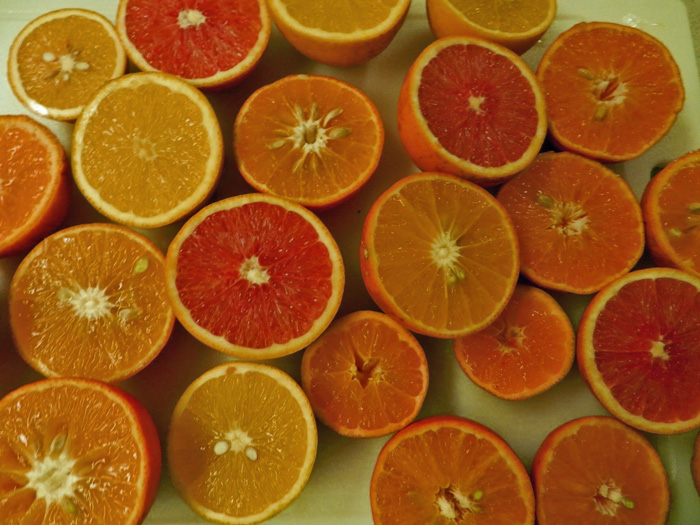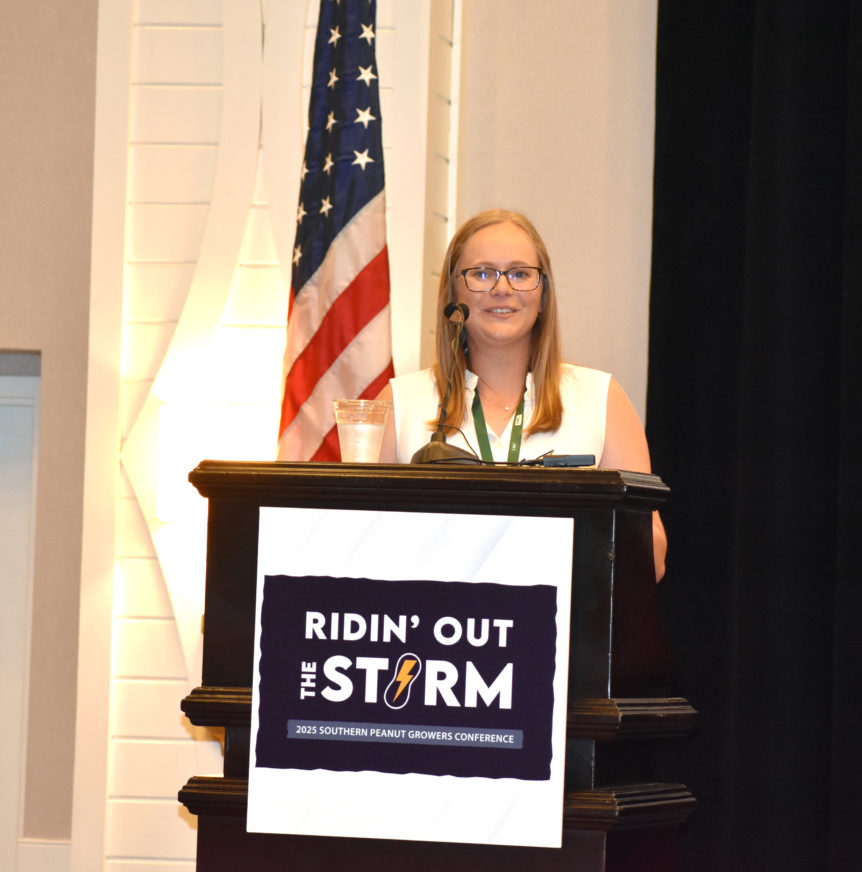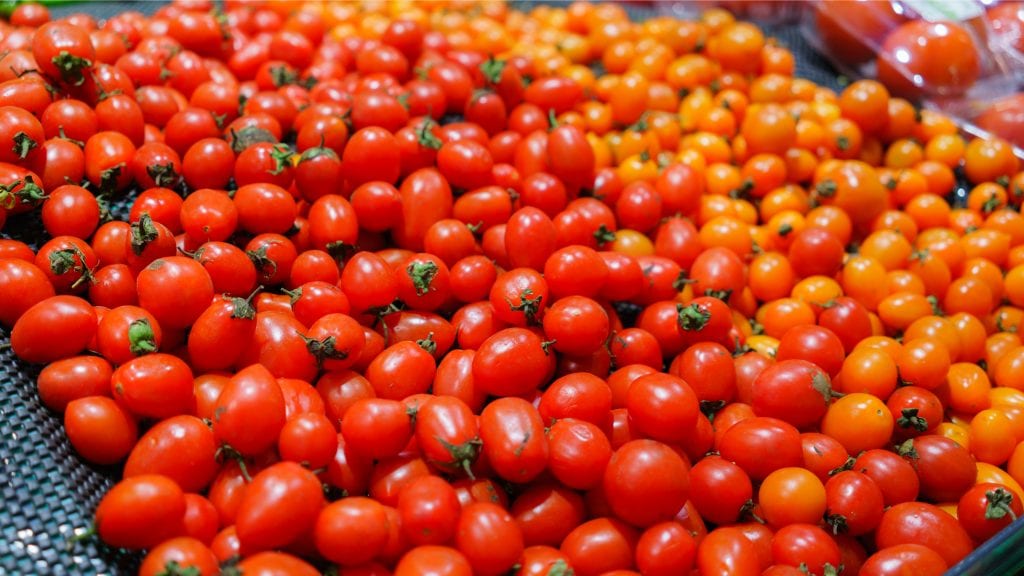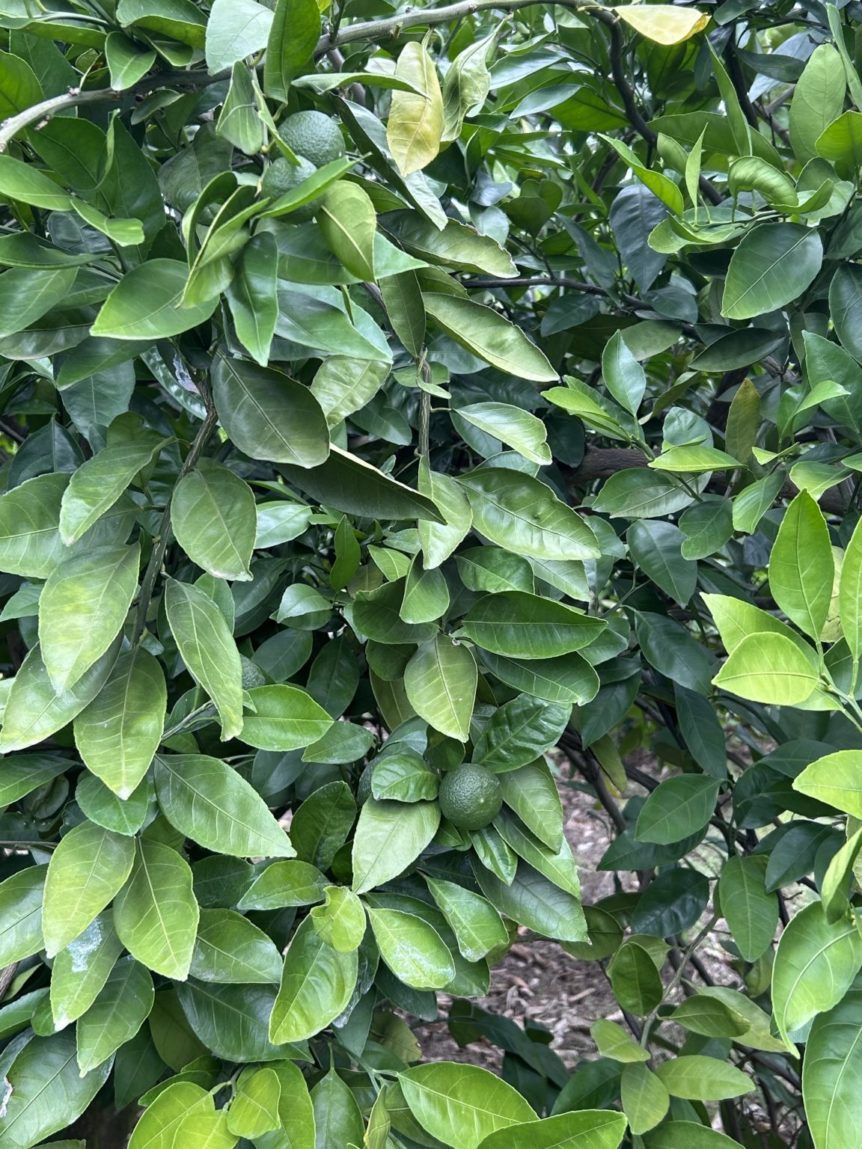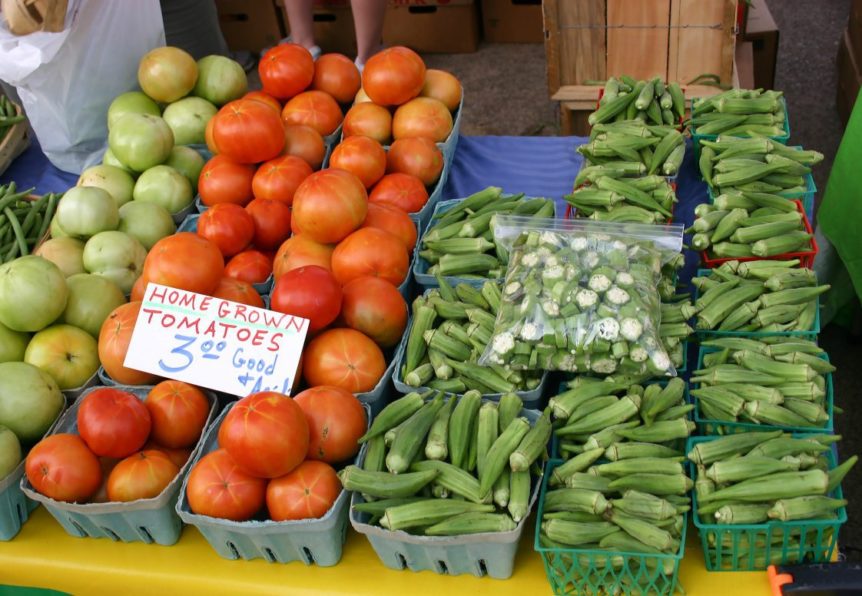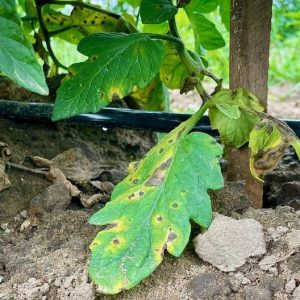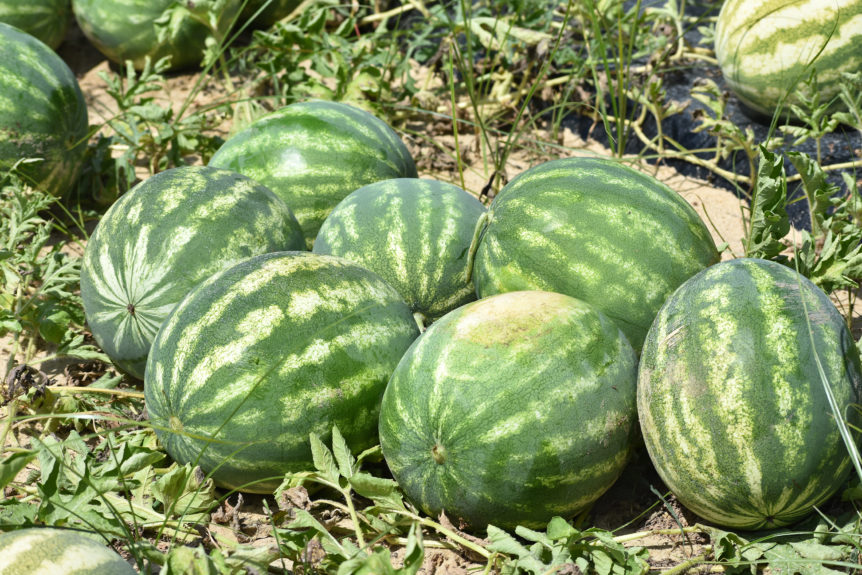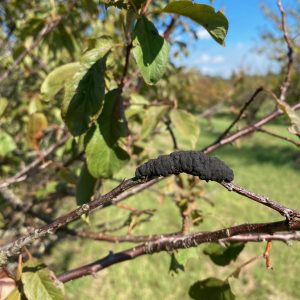By Clint Thompson and Dale Sandlin The potential lack of satsuma mandarins this season in the cold-hardy citrus region should not discourage growers from adding to their production portfolio in the future. It just means they need to try other varieties, despite satsumas being the most commonly produced variety in the region. Jake Price, University of Georgia (UGA) area citrus …
UGA Extension Sustainability Specialist: EPA is Protecting Growers’ Access to Pesticides
By Clint Thompson The Environmental Protection Agency (EPA) is working to ensure pesticides remain a viable source of protection for farmers and their crops. That’s the message Taylor Singleton, University of Georgia assistant professor and Extension sustainability specialist, is preaching to growers at county meetings and different crop events, which included last week at the Southern Peanut Growers Conference in …
Alabama Citrus Survey for Growers Impacted by Freeze/Snow Event in January
By Clint Thompson Alabama Extension is asking the state’s citrus producers to complete a survey to assess the extent of damage from the January freeze and snow event earlier this year. The short, anonymous survey will help researchers and Extension professionals evaluate the extent of the damage across the cold-hardy citrus region; guide future research and recovery efforts; and strengthen …
Specialty Crop Grower Magazine: N.C. Marketing Programs Provide Local Link to Growers
By Frank Giles Editor’s Note: This is the second in a series featuring state marketing programs for specialty crops. The North Carolina Department of Agriculture and Consumers Services (NCDACS) offers a state program to help growers brand their locally grown produce. The program is called Got to Be NC (gottobenc.com), and its mission is to expand markets in North Carolina …
Nearing Termination: Suspension Agreement Impacted Growers Across the Country
By Clint Thompson The termination of the U.S.-Mexico Tomato Suspension Agreement is set to become effective on Monday, July 14. While Florida growers and Robert Guenther, executive vice president of the Florida Tomato Exchange, have been at the center of the fight that Mexico has been ‘dumping’ imported tomatoes, it’s important to note the problem is widespread, impacting most of …
Attention Cold-Hardy Citrus Region Growers: Managing Trees Essential Despite Potential Low Satsuma Supply
By Clint Thompson The potential lack of satsuma mandarins in the cold-hardy citrus region this season should not prompt growers to stay sidelined when managing their groves. Lindy Savelle, executive director of the Georgia Citrus Association and member of the Georgia Citrus Commission, implores producers to remain vigilant in their management strategies despite the grim outlook for the region’s main …
USDA Releases Marketing Assistance Funds for Specialty Crop Growers
America’s specialty crop growers often face challenges that are unique to their segment of agriculture. John Walt Boatright, director of government affairs for the American Farm Bureau Federation (AFBF), says USDA has acknowledged these challenges through the Marketing Assistance for Specialty Crops (MASC) program. “A program designed specifically to help specialty crop growers deal with their rising input costs and volatile markets. USDA created …
Alabama Rains Have Vegetable Growers Concerned About Disease Development
By Clint Thompson Consistent rains in May and early June have Alabama vegetable growers concerned about disease development in this year’s crops. Ed Sikora, professor and Extension plant pathologist in the department of entomology and plant pathology at Auburn University, noted in an Alabama Extension blog that certain diseases like early blight on tomatoes, bacterial spot on tomatoes and peppers …
Georgia Watermelon Growers Hope Prices Stabilize
By Clint Thompson Watermelon prices have not cooperated for Southeast growers looking to capitalize on their crop this summer. That’s a disheartening scenario for Georgia producers who are in the middle of their harvest season and will continue to be for a couple of more weeks. Tim Coolong, associate professor in the University of Georgia College of Agricultural and Environmental …
Beware Alabama Growers: Black Knot Disease in Plums
Alabama Extension is reminding its plum growers about the potential dangers of black knot disease, a fungal infection caused by Apiosporina morbosa. David Lawrence, regional Extension agent in central Alabama, noted in an article on the Alabama Extension Commercial Horticulture Facebook page, that the disease primarily impacts plums, though it has the potential to infect other prunus species like cherry …










